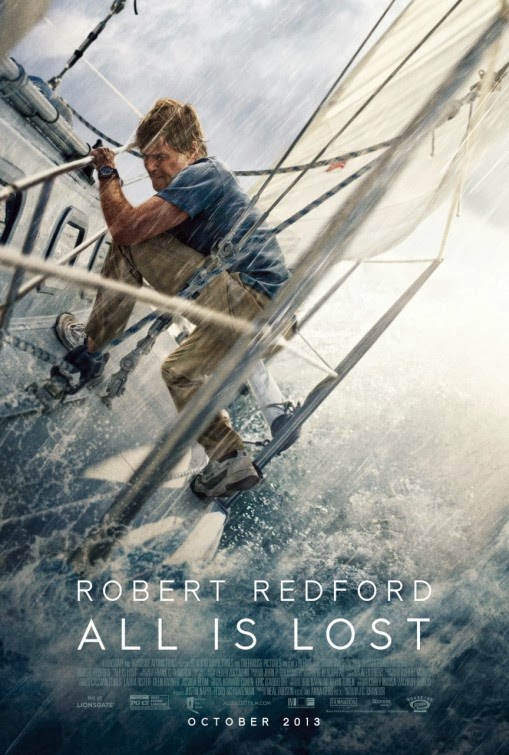Inside Llewyn Davis
(2013)
Directed by- Joel & Ethan Coen
*Oscar Isaacs, Carey Mulligan, Justin Timberlake, John Goodman
The Coens return with Inside Llewyn Davis, the story of a bum folk singer who hops from friend's couch to friend's couch to pass his nights as he strives to make quick buck with his vocal talents.
Singing in a tavern to recording a novelty song, Llewyn does it all to beat the cold and earn his bread, but it is his arrogant attitude which comes in his way.
Because for all his talents and his pathos, Llewyn is a prick. He sleeps with his friend's wife, yells at the old couple who gave him refuge and heckles a poor, fat lady singing on stage. And yet you don't feel any disdain towards him, because despite his current streak of ill luck, you know him to be better than that.
 |
His down in the dumps luck never seems to turn around, and while one would complain of such a disappointing resolution, there is hope to be found in the masterful climax which replays the opening scene, in a differently framed and lit sequence, with a slight alteration.
There is ultimate intrigue in how the film ends, which forces you to think back and question all that you've seen.
Are these existentialist themes which are represented by Llewyn and his spurious ginger cat?
In hindsight one finds numerous nods strewn across the screenplay to a 'connection' between the performer and his companion.
A rewatch is required.
Oscar Isaacs is perfect as Llewyn. The dreary look in his eyes and the unkempt beard, along with the musical paraphernalia, the whole getup, complete with the cat, defines the homeless singer whose life is spinning out of control with every bad decision he makes.
With an exceptional assortment of songs as company, the film passes along with a stable pace.
Every track, even if reiterated, stands out on its own and contributes to the mood of the film.
An alluring ode to the folk song era, half-based on the life of a real folk singer, it is Coens at their inimitable best.
Yes, it lacks that punch and grandeur which you would expect from a semi-biography of an artiste, but aren't the Coens regarded for their subtlety?
Delightfully crafted and masterfully narrated, I loved it!
Rating- 4.4/5











































